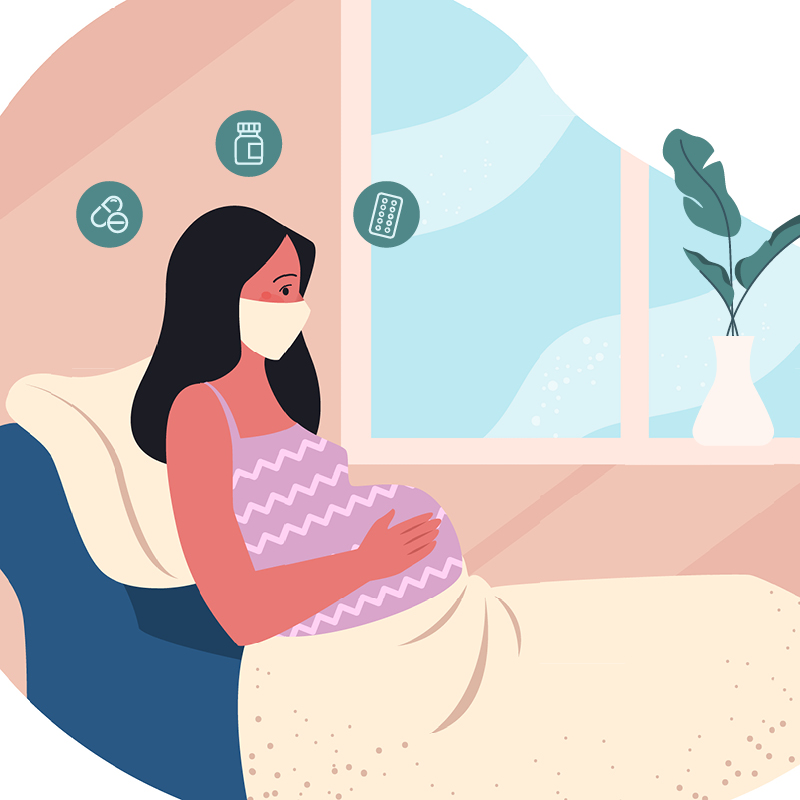I have heard that taking antibiotics can make the birth control pill not work. I recently had a bladder infection and had to take antibiotics. Do I need to be using another method of birth control and for how long?
Answer:
This is an excellent question as there are definitely misconceptions about how other medications may affect the birth control pill. The most commonly used birth control pills are a combination of estrogen and progesterone. A birth control pill may also consist of progesterone alone, this is often referred to as a ‘mini-pill’.
For a birth control pill to be effective a woman has to take the pill every day. The hormones are quickly processed by the body, which includes passing through the liver. Certain medications can affect how quickly the liver processes the hormones which can change the effectiveness of the pill. Fortunately, there is only one antibiotic that has been shown to increase the metabolism of the liver and thus to decrease the amount of hormone in a woman’s body. That antibiotic is rifampin and it is used to treat tuberculosis and meningococcal carriers. Antibiotics used to treat common illnesses like bladder infections, sexually transmitted infections, ear infections, and pneumonia do NOT alter the effectiveness of the pill. That being said, it is important during times of illness that you continue to take the pill at the same time each day. Additionally if you are having nausea and vomiting due to illness and are unable to keep your birth control pill down it is important that you use a backup method of birth control. Please consult your provider to determine how long a backup method should be used given your individual situation.
The most common medications that can increase the liver’s activity are actually anti-seizure or anti-convulsant medications. According to the World health Organization women taking the anticonvulsants phenytoin (Dilantin), carbamazepine (tegretal), barbiturates, primidone, topiramate (Topamax) or oxcarbazepine (trileptal) should not rely on a birth control pill for contraception. A birth control pill is not harmful to these women but its effectiveness may be decreased and the woman could experience an unplanned pregnancy. There are other effective methods of birth control for these women including depo-provera, nexplanon and intrauterine devices. Interestingly, birth control pills may actually reduce the effectiveness of the anticonvulsant lamotrigine (lamital) by increasing the liver’s clearance of that medication. Anti-convulsants that do not seem to affect the birth control pill include gabapentin (Neurontin), levetriacetam (keppra), and tiagabine.
There are definitely many long held beliefs that antibiotics affect birth control. The facts are that the only antibiotic that decreases the effectiveness of the birth control pill is rifampin which is not commonly used. If you have any further questions about the interaction of antibiotics or any other medications with your birth control please consult with your provider.
Tara Gellasch, MD, is the Associate Chief of Obstetrics and Gynecology at Newark-Wayne Community Hospital (NWCH) and sees patients at The Women’s Center at NWCH, a Rochester General Medical Group practice. Dr. Gellasch earned her Medical Doctorate from McGill University in Montreal, Quebec and completed her residency in Obstetrics and Gynecology at Emory University. This column is meant to be educational and not intended to be used to make individual treatment decisions. Prior to starting or stopping any treatment, please confer with your own health care provider.








